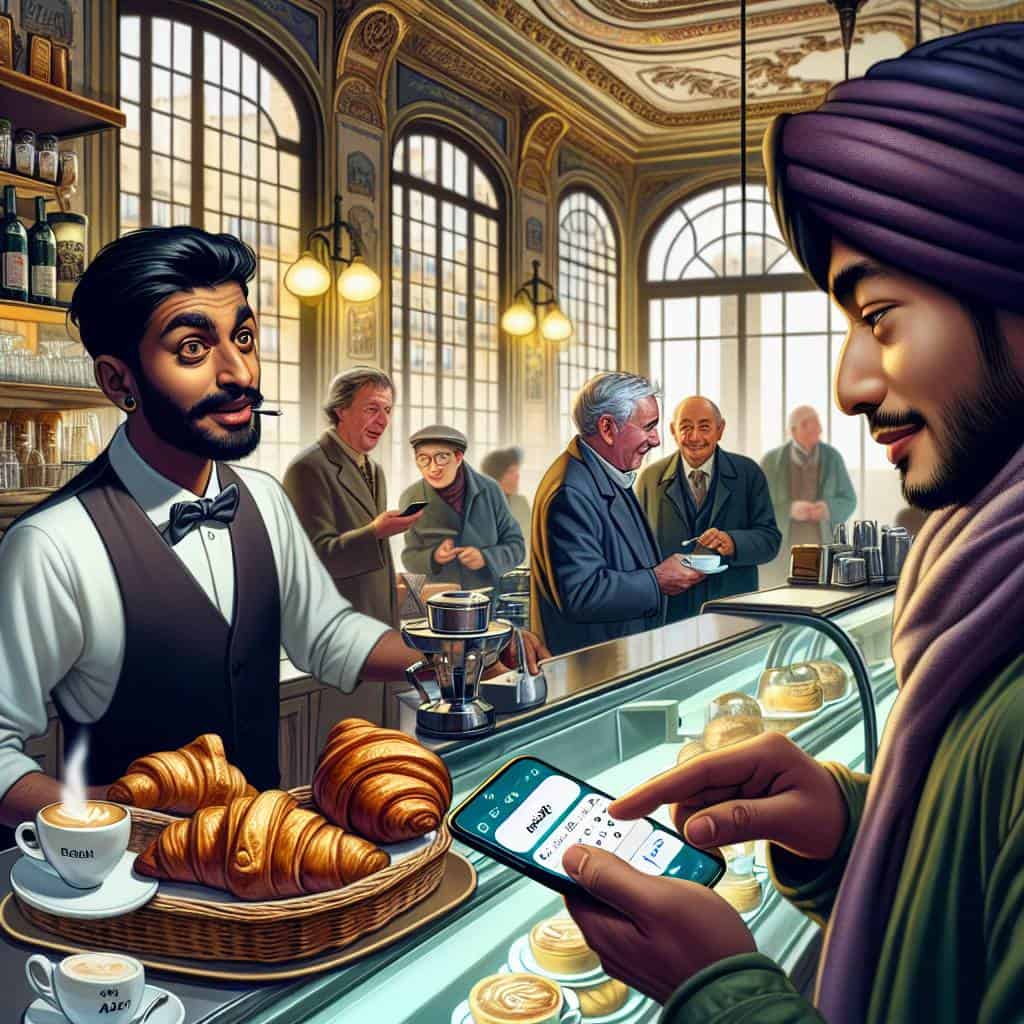I remember the moment it hit me: standing in a bustling Parisian café, trying to order a simple croissant with my best butchered French. The barista looked at me like I’d just insulted his entire ancestry. That’s when I realized my endless hours on Duolingo hadn’t quite prepared me for the real world. Those cartoon owls might be cute, but they sure as hell don’t teach you how to navigate a conversation without sounding like you’ve just swallowed a dictionary. Then there’s Babbel, with its promises of fluency, like a slick-talking salesman. But is it really any better, or just a more expensive way to feel smug about your language skills?

So here we are, you and I, diving into the murky waters of language apps. If you’re committed to speaking like an adult and not just stringing together random words, this article’s for you. We’ll dig into the nitty-gritty of Babbel versus Duolingo, stripping away the marketing gloss to see which, if any, actually delivers. Expect an unfiltered look at the pros, cons, and everything in between. Because let’s face it, if we’re going to invest our time (and possibly money), we deserve more than just another app to clutter our phones.
Table of Contents
The Great App Showdown: babbel vs duolingo – Which One Speaks Your Language?
Let’s cut through the noise. You want to learn a language, not just play with words on a screen. Enter Babbel and Duolingo, the two gladiators in the arena of language learning apps. Babbel promises structured lessons with a focus on practical conversation. It’s like hiring a no-nonsense tutor who insists you learn to ask for directions, not just recite the alphabet. Duolingo? It’s more like that quirky friend who throws vocabulary at you with a smile and a wink, hoping some of it sticks. But if you’re serious about speaking like an adult, you might want to look past the cute green owl.
Babbel doesn’t waste your time with endless gamification. It’s unapologetically serious, with lessons crafted by linguists who know that language isn’t just about words—it’s about context and culture. It nudges you toward fluency with dialogues you’ll actually use outside your living room. Duolingo, on the other hand, thrives on its addictive interface. Its bite-sized lessons and reminders can make learning feel like a game, but here’s the catch: just when you’re about to feel conversational, you realize you’ve spent weeks learning how to say “The penguin reads a book.” Charming, but not exactly useful when you’re trying to navigate a bustling market in Madrid.
So, which app speaks your language? If you’re aiming for real-life conversations, Babbel might be your ticket. It’s for those ready to put in the work, to grapple with grammar, and to embrace the messy beauty of learning a language in all its complexity. But if your goal is to dip your toes in multiple languages or if you’re just starting out, Duolingo’s whimsical approach might be the gentle nudge you need. In the end, it’s about choosing the right partner for your linguistic journey. And remember, no app will do the talking for you—only practice will.
The Language Learning Showdown
In the ring of language apps, Babbel throws punches with grammar and structure, while Duolingo dances around with gamified charm. For serious learners, it’s not just about picking a side—it’s about choosing your sparring partner.
The Final Word: Language Apps Unplugged
So, here’s where I stand after this little linguistic adventure. Babbel and Duolingo both have their charms, like yin and yang in the digital language cosmos. But when it comes to serious learners—those of us who crave more than just parroting back phrases like trained seals—Babbel edges ahead. It’s not about flashy graphics or gamified dopamine hits; it’s about the substance beneath the surface. Babbel gives me that feeling of actually wrapping my head around the intricacies of language, rather than just skating on the surface.
But don’t get me wrong. Duolingo’s quirky mascot and bite-sized lessons have their place, especially when you’d rather not feel like your brain’s been put through a blender after a long day. For me, though, language is about depth and connection, not just ticking boxes. I want to step into a café in Rome or a market in Paris and have a conversation that doesn’t make me sound like I’m reading off a script. In the end, it’s about which app makes you feel more alive in the language you’re learning. For serious learners, Babbel feels like the real deal.


